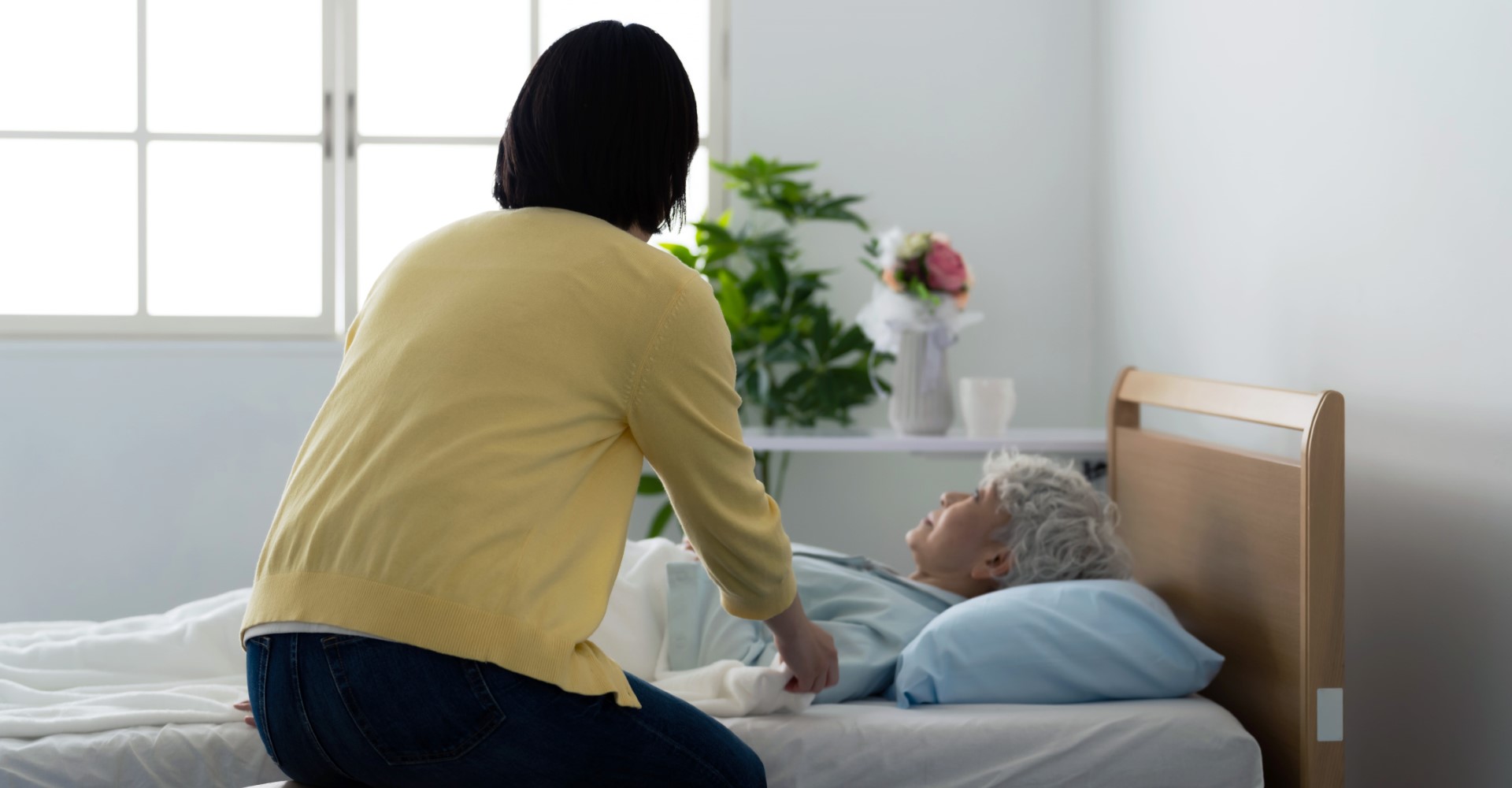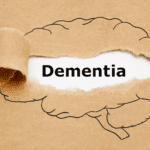After years of providing care for a friend or family member, many people come to the realisation that they have effectively taken on the role of their unpaid home carer. People often don’t realise they have taken on this role until they are permanently exhausted, drained, and overwhelmed. In the UK, 12,000 individuals every day— 4.3 million people annually—take on the responsibility of providing unpaid care. However, how can you know you’ve done it until it becomes intolerable?
What Is An Unpaid Home Carer?
Unpaid home carers provide assistance to friends or family members who, because of illness, disability, a mental health condition, or an addiction, are unable to manage without them. They can help them wash, cook, clean, and more. Since this is not their work and they are doing it because they want to or must, the home carer is not paid for it.
Signs You Are An Unpaid Carer
Below is a list of signs that you could be an unpaid carer.
- You look after a relative or friend.
- You’ve been juggling your job with your caring duties.
- You are constantly exhausted and feel like you do not have time for yourself.
- You help someone with their day-to-day tasks such as washing, dressing, cooking or cleaning.
- You organise their doctor appointments/
- Your social life has been affected by the care you have been providing.
What Do I Do Now?
If you believe that you need further support, there is a range of help out there, such as carers allowance which you could be eligible for. As well, you could find somebody to speak to in regard to the impact being an unpaid carer has taken on your physical and mental wellbeing. Additionally, you can arrange a ‘Carer Conversation’, where somebody will help or support your needs and make plans for the future regarding both you and who you have cared for. Whatever the situation, there is help available.
Complete Homecare 24
We offer a range of services at Complete Homecare 24. Through our high-quality home care, we hope to make sure that our patients feel seen and, more importantly, heard. Every patient has a care plan. This is uniquely designed for them so the home carer or caregiver can comprehend their unique needs and expectations. To keep up to date, check out our Facebook and Instagram. Alternatively, check out our blog for more information.






1 Comment
How Does Palliative Care Impact Young Adults’ Mental Health?
14 February 2023[…] Palliative care is a type of medical care that focuses on relieving symptoms and improving the quality of life for individuals who have a serious or life-threatening illness. This type of care is not just for elderly individuals, but also for young adults who may be struggling with a serious illness. The impact of palliative care on young adults’ mental health is significant and can play a crucial role in their journey towards recovery. […]